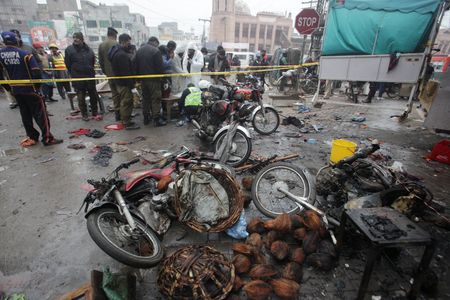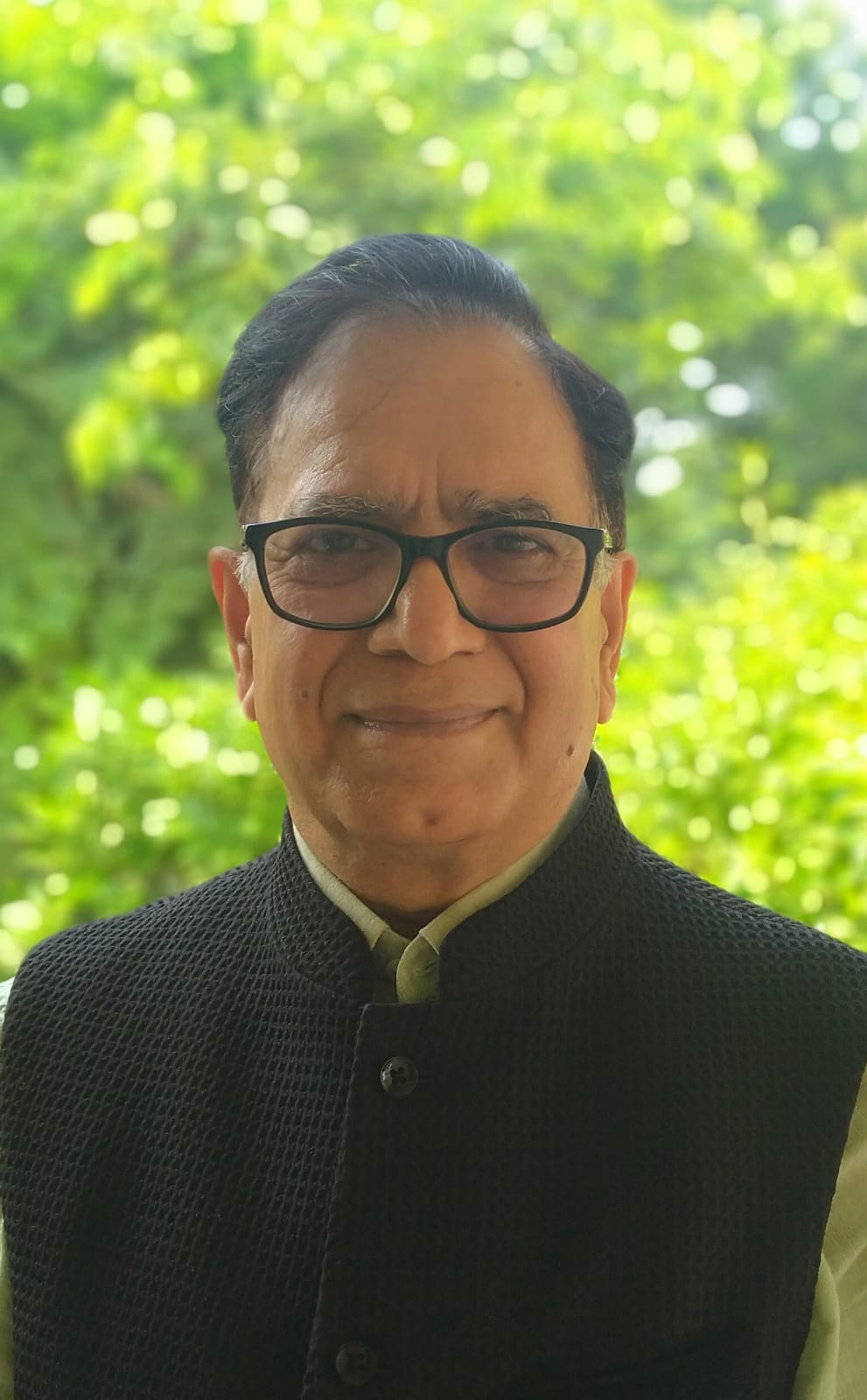
Pakistan’s Likely Reprieve from FATF: What Next?

Pakistan, suffering from its longest spell in the Grey List of the FATF (Financial Action Task Force), can finally hope to get out of it which is partially responsible for its economic downturn. Pakistan has the dubious distinction of frequently being in and out of the Grey List (officially known as the “list of jurisdictions under the increased monitoring”) since 2008. Its current spell began in 2018. This list currently contains 17 countries who are considered safe haven for supporting terror funding and money laundering.
In subsequent years, the sword of being moved from the Grey List to the Black List (officially the “list of jurisdictions under call for action”) was hanging over the country. This downgrading would have placed Pakistan in the notorious company of DPRK (North Korea) and Iran resulting in severe trust deficit and, in turn, in sanction-like restrictions on trade, business and banking activities severely crippling its already snow- balling economy. Though every time Pakistan’s friends China, Malaysia and Turkey (now Turkiye) stood firmly and expectedly behind it by constituting the quorum to prevent it from blacklisting, the adverse effect was still discernible. According to Tabadlab, a Pakistan-based think tank, Pakistan’s economy shrank by more than US $ 38 billion till 2019 (figures available) due to its grey listing. If we add the approximate relevant loss in 2020 and 2021, we can safely assume that total economic loss so far due to the FATF’s action would be at least around US $ 45 billion, a whopping 15.4% of the estimated nominal GDP for 2022 (US$ 290 billion)!
In June 2018, the FATF had given Pakistan 27-point target on CTF (Combating Terror Funding) and in October 2021, seven-point target on AML (Anti Money Laundering) to comply with. According to the assessment made by the FATF Plenary that concluded on 17th June, Pakistan has complied with 32 of a total of 34 points. However, as per procedure, Pakistan’s performance will be reviewed after an on-the spot visit of the FATF team sometime before its next meeting in October, 2022 and in all likelihood, Pakistan will be taken out of the Grey List.
But as the saying goes- there are many slips between the cup and the lips. The recent veto of China on a joint proposal presented by India and the USA to include the name of Abdul Rehman Makki, another notorious terrorist and brother-in-law of the proclaimed terrorist Hafiz Saeed, has clearly shown that Pakistan’s presentation to the FATF on the action taken by it as per the compliance points might just be an eyewash.
The United States has already announced a cash award of US $2 million for the information leading to the location of Makki, second in command in Jamaat-ud-Dawa, led by his brother-in-law. This is corroborated by the fact that in early November last year, the Islamabad High Court exonerated six terrorists of Jamaat-ud-Dawa, the reincarnation of Lashkar-e-Taiyaba headed by Hafiz Saeed. It had been an open secret that these persons have been involved in money laundering and terror funding as means to sustain their activities across the border. But Pakistan had been repeatedly denying the involvement of these individuals and outfits in terror activities or, in some cases like Dawood Ibrahim Kaskar (the mastermind of the Mumbai blasts, who had been now living in the elite Clifton area of Karachi for many years), their very presence on its territory despite the presentation of numerous dossiers to Pak authorities on their detailed locations in Pakistan.
One might ask why Pakistan had been deliberately unwilling and “strategically deficient” to prevent the money laundering and the terror funding. The reasons are not difficult to find. The basic reason lies in the systemic discrepancies in the governance of Pakistan. Since its inception, the country had been ruled by the Army either directly or by a proxy civilian government backed by the Army. Any civilian government trying to chalk out a policy on lines different from Army is removed as is amply evident in the history of Pakistan. The most recent example is that of Imran Khan, once blue-eyed boy of the military, who could not survive alienation from the fauz.
For any ambitious army like that of Pakistan, it is imperative to create and sustain the hoax of a turbulent international border in order to project it as a paramount organisation and the saviour of the country. And home- grown terrorist organisations are the best means to achieve this perception. But these terror outfits can be sustained only by funding from their masters in uniform and from abroad through money laundering. Thus, the malaise of Pakistan cannot be overcome unless the nexus between the Army and the terrorist outfits is broken and the farce of superiority of the former is exposed.
The predominance of Army in Pakistan is so severe that most of the major government organisations like Pakistan Civil Aviation Authority, Pakistan International Airlines, CEPC board of Pakistan etc. are headed by the serving or retired generals. Even a specialised agency liked Suparco (Space and Upper Atmosphere Research Commission-counterpart of ISRO) is headed by Lt. General Nadeem Ahmad, a commerce graduate with no basic knowledge or experience of space science.
However, the big question here is that even if Pakistan gets out of the Grey List in October, will it be able to control, in the long run, the terrorist outfits, their modus operandi and their funding channels as required by FATF or will it relapse into frequent visits to the Grey List as it has done twice earlier? In nutshell, what is there in store for Pakistan after its exit from the Grey List?
The economic prosperity driven by the availability of productive employment, created through a forward-looking modern education, will desist the impressionable minds of youth from being lured by the fundamentalism and that is the only way out of the economic cesspool that the country has fallen in. A well-educated youth will certainly call the farce of Army’s false narrative and not fall for the dreams served by the fanatic elements. In order to progress and sustain its pace, a vibrant democracy must keep the Army under the control of its elected representatives and the scope of duty of armed forces vis-s -vis the civilian regime must be clearly defined.
Nevertheless, the immediate task for the rulers in Pakistan will be to strike a workable balance between requirements of FATF and the internal pressure groups pulling the polity in opposite directions.
******************
Disclaimer
The opinions expressed in this article are the author’s own and do not reflect the views of Chanakya Forum. All information provided in this article including timeliness, completeness, accuracy, suitability or validity of information referenced therein, is the sole responsibility of the author. www.chanakyaforum.com does not assume any responsibility for the same.
Chanakya Forum is now on . Click here to join our channel (@ChanakyaForum) and stay updated with the latest headlines and articles.
Important
We work round the clock to bring you the finest articles and updates from around the world. There is a team that works tirelessly to ensure that you have a seamless reading experience. But all this costs money. Please support us so that we keep doing what we do best. Happy Reading
Support Us





















POST COMMENTS (0)